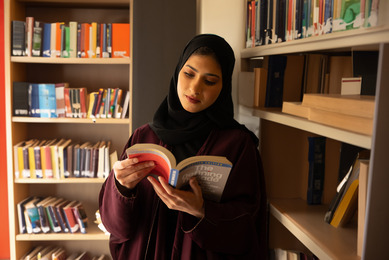
The Culture of Sustainability
Sustainability has become a crucial concept adopted by countries across various sectors—economic, social, and educational—recognized as a key driver of progress and advancement. Its importance lies in preserving available resources for both present and future generations.
Sustainability is defined as maintaining current resources without compromising the needs of future generations. This definition underscores the importance of using resources wisely and avoiding their depletion, ensuring that today's consumption does not deprive tomorrow’s generations of their share. It also emphasizes improving the quality of life for the present population without infringing on the rights of those to come.
Achieving this requires safeguarding natural resources and ensuring their continued availability without harming the environment. It calls for adopting modern methods of conservation, using clean energy sources, expanding their use, eliminating environmental pollutants, and combating vegetation loss and desertification. These efforts help renew natural resources, improve environmental conditions, and create favorable climates for sustainable development without risking resource exhaustion.
Raising Awareness About Sustainable Development
Promoting sustainability requires raising public awareness about the importance of protecting environmental elements such as water, air, soil, and biodiversity. A shift toward clean alternatives like solar and wind energy must be encouraged, alongside promoting recycling, reducing plastic usage, and fostering responsible consumption habits.
Tackling issues like pollution, desertification, and environmental degradation is not just about protecting nature—it’s a developmental priority that impacts public health, quality of life, and the stability of ecosystems. Thus, environmental education plays a crucial role in supporting sustainability efforts, whether through media campaigns, community activities, or educational curricula.
Incorporating sustainability concepts into education—through strategies like classroom lessons, activities, field trips, and workshops—helps students understand and embrace their role in conserving resources. Through these initiatives, future generations can develop a deeper appreciation for the environment and take active steps to protect it.
The Importance of Diversity and Skills in Sustainability
Achieving sustainable development requires more than awareness—it demands citizens equipped with knowledge, skills, values, and an understanding of societal dynamics. It involves fostering behaviors that reflect a civilized and responsible interaction with the environment and community resources.
To realize this vision, clear developmental plans must integrate sustainability into every aspect of life, actively involving individuals and institutions in designing and implementing these plans. Only through widespread engagement can sustainable practices be normalized and embedded in daily life.
Conclusion
Building a sustainable future is not solely the responsibility of governments—it is a collective duty that begins with individuals. Each of us can contribute to sustainability through simple actions like reducing waste, using public transportation, supporting eco-friendly products, and spreading awareness.
Sustainability starts with small choices, but together, these choices build a better, more resilient world for generations to come.